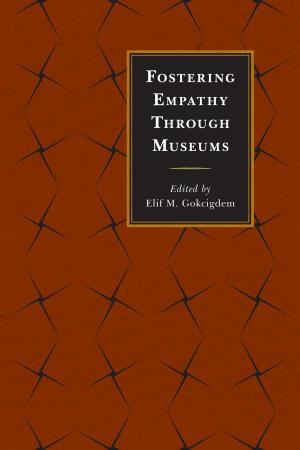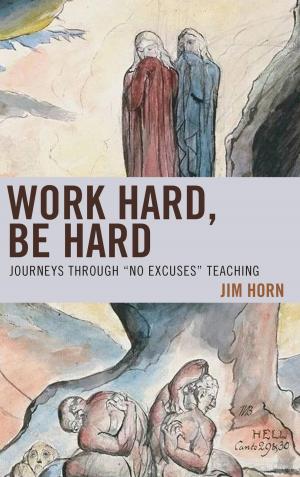The Tale of Healer Miguel Perdomo Neira
Medicine, Ideologies, and Power in the Nineteenth-Century Andes
Nonfiction, History, Americas, Latin America| Author: | David Sowell | ISBN: | 9781461645757 |
| Publisher: | Rowman & Littlefield Publishers | Publication: | May 1, 2001 |
| Imprint: | Rowman & Littlefield Publishers | Language: | English |
| Author: | David Sowell |
| ISBN: | 9781461645757 |
| Publisher: | Rowman & Littlefield Publishers |
| Publication: | May 1, 2001 |
| Imprint: | Rowman & Littlefield Publishers |
| Language: | English |
This new book tells the story of Miguel Perdomo Niera, a healer whose amazing cures during his travels through the northern Andes in the 1860s and 1870s evoked both enormous hostility and widespread adulation. A combination of narrative and analysis, the book documents Perdomo's experiences in Colombia and Ecuador and offers valuable insights into the social history of medicine during the Great Transformation in nineteenth-century Latin America. Reactions to Perdomo also illuminate the conflicts between colonial and modern and between religious and secular belief systems in Latin America during this time. This era pitted the norms of colonial Latin America against forces of change that shaped contemporary Latin America. Perdomo's practice of medicine demonstrated a strong religious influence that liberals thought were incompatible with a modern, secular society.
Seldom have the contentions surrounding competitive medical systems been so starkly illuminated as in the case of Perdomo. One of a group of empirics, also known as cranderos, bleeders or barbers, who offered health care to people in Latin America, Perdomo did not charge for his services. Many people were perplexed by his cures. The drugs that he used allegedly enabled him to perform minor surgery without pain, swelling, or excessive bleeding. Supporters wrote numerous testimonials expressing their gratitude for his ability to cure illnesses that had plagued them for years. But Perdomo also had his detractors. Physicians, formally trained medicos, and those who supported scientific modernization were critical of Perdomo's practice of Hispanic medicine, even though it was part of the medical system of the day. Blending Catholic healing beliefs with indigenous and African medical ideologies, Hispanic medicine challenged the innovations occurring in the professional medical community.
This volume also makes a singular contribution to a scholarly understanding of the emergence of medical pluralism, tracking the submergence of traditional
This new book tells the story of Miguel Perdomo Niera, a healer whose amazing cures during his travels through the northern Andes in the 1860s and 1870s evoked both enormous hostility and widespread adulation. A combination of narrative and analysis, the book documents Perdomo's experiences in Colombia and Ecuador and offers valuable insights into the social history of medicine during the Great Transformation in nineteenth-century Latin America. Reactions to Perdomo also illuminate the conflicts between colonial and modern and between religious and secular belief systems in Latin America during this time. This era pitted the norms of colonial Latin America against forces of change that shaped contemporary Latin America. Perdomo's practice of medicine demonstrated a strong religious influence that liberals thought were incompatible with a modern, secular society.
Seldom have the contentions surrounding competitive medical systems been so starkly illuminated as in the case of Perdomo. One of a group of empirics, also known as cranderos, bleeders or barbers, who offered health care to people in Latin America, Perdomo did not charge for his services. Many people were perplexed by his cures. The drugs that he used allegedly enabled him to perform minor surgery without pain, swelling, or excessive bleeding. Supporters wrote numerous testimonials expressing their gratitude for his ability to cure illnesses that had plagued them for years. But Perdomo also had his detractors. Physicians, formally trained medicos, and those who supported scientific modernization were critical of Perdomo's practice of Hispanic medicine, even though it was part of the medical system of the day. Blending Catholic healing beliefs with indigenous and African medical ideologies, Hispanic medicine challenged the innovations occurring in the professional medical community.
This volume also makes a singular contribution to a scholarly understanding of the emergence of medical pluralism, tracking the submergence of traditional















